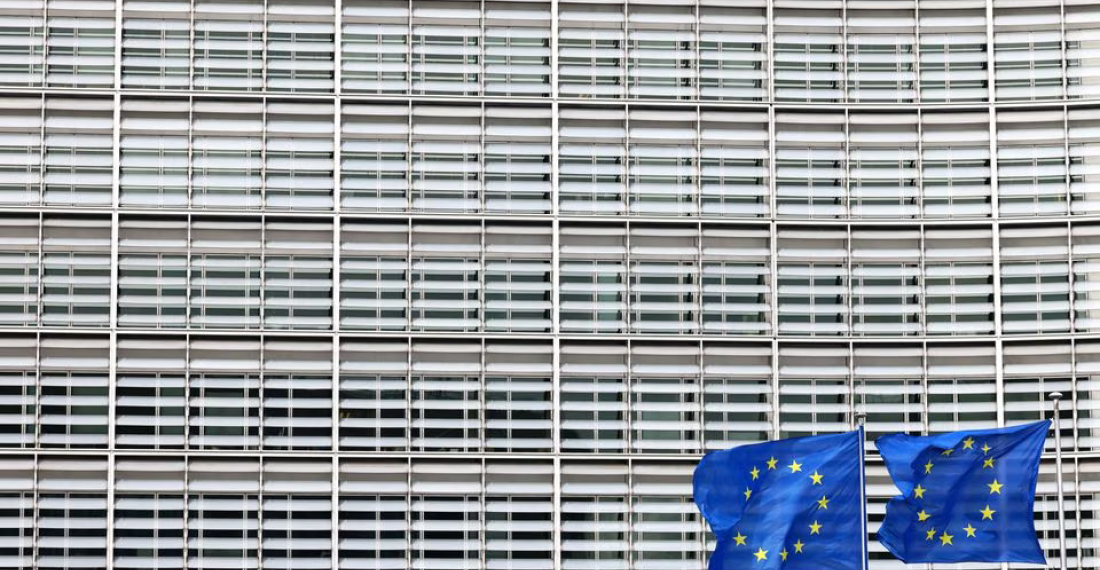Early on Tuesday (28 March) it was announced that representatives of the European Parliament and the Council reached a provisional deal on a mechanism to allow member states to retaliate against countries that pressure them to change their economic policies.
The anti-coercion instrument (ACI) is designed to counter a spillover of geopolitical tensions into trade. A prominent example of such coercion includes that of China against Lithuania after Vilnius allowed Taiwan to open an embassy there, prompting Beijing to block Lithuanian exports and pressuring companies to remove Lithuanian components from supply chains.
Under the ACI, a member state can appeal and EU governments would then vote on whether a third country's economic measure amounted to coercion. If the dispute remains unresolved, the bloc could then impose restrictions such as higher import tariffs or limited acces to EU public tenders.
The ACI is however designed only to be used as a "last resort when there is no other way to address economic intimidation".
Valdis Dombrovskis, Executive Vice-President for an Economy that Works for People and Commissioner for Trade, said:
"Today the EU is taking a step closer to deterring economic coercion against the EU and its Member States. Progress on the Anti-Coercion Instrument is key to reinforce our trade agenda, giving the EU the tools to preserve open trade and address risks in a targeted way. I am looking forward to sealing the deal at the final trialogue, so we can have this instrument in place as quickly as possible."
source: commonspace.eu with agencies
photo: Reuters






